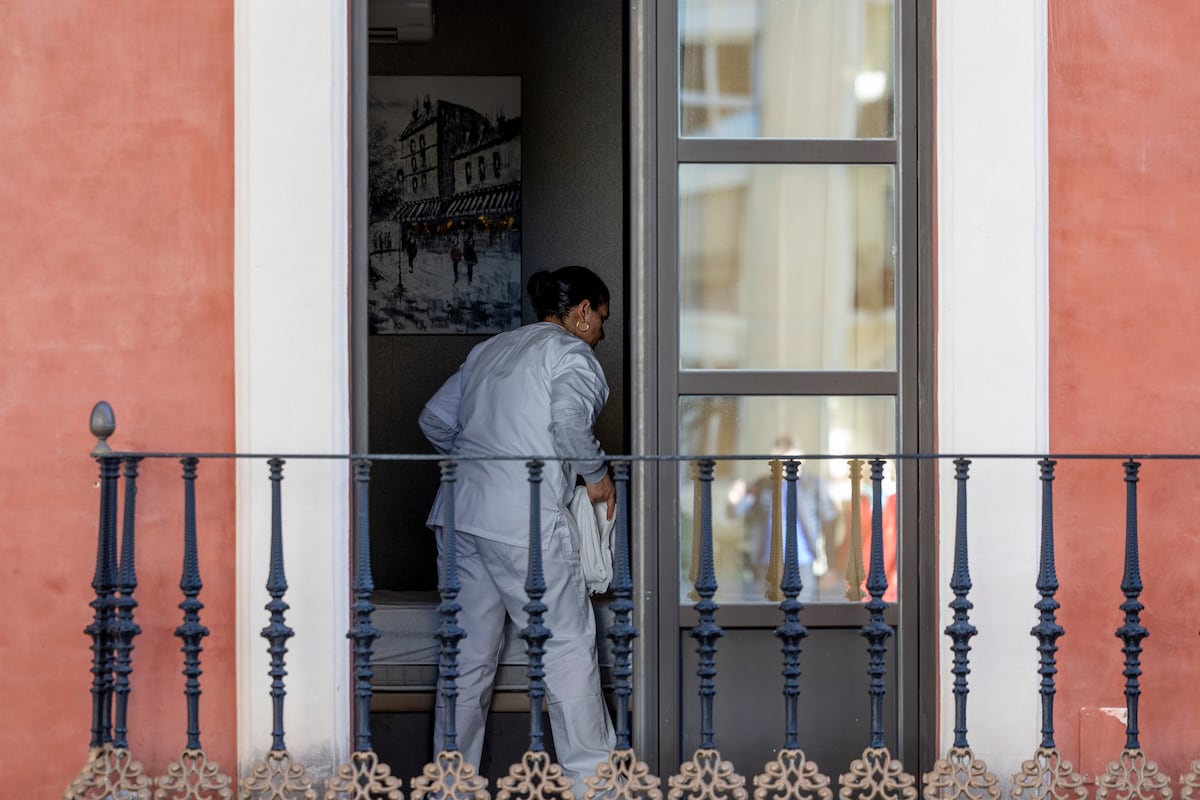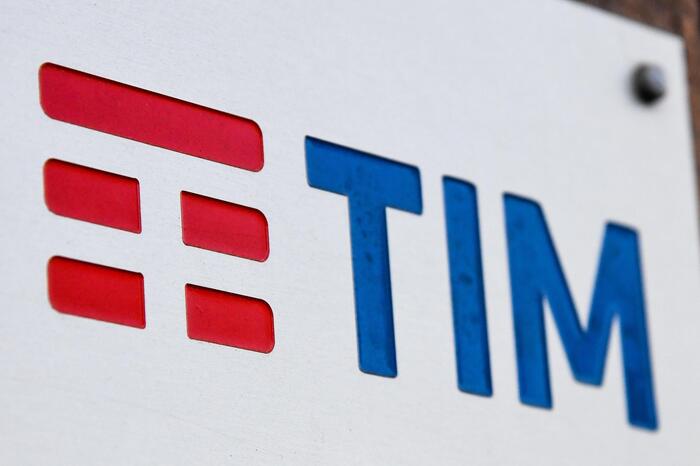Temporarily decommissioned Lufthansa aircraft: a "great thing"
Photo: Christophe Gateau / dpa
The federal government secured 2.2 million jobs through short-time working at the height of the crisis. According to a report in the »Süddeutsche Zeitung«, this is the result of a study by the Institute for Macroeconomics (IMK) and the Universities of Kiel and Münster. Accordingly, the instrument secured six times as many jobs as in the 2008/2009 financial crisis. "The German model of short-time work is a great thing," said the economist Andreas Peichl from the Ifo Institute to the "Süddeutsche Zeitung". The study is a plausible extrapolation. "Several states have copied it in the meantime."
The researchers had extrapolated the jobs saved from the number of hours worked.
The number of secured jobs showed how bad the pandemic could have been on the labor market without short-time working.
In many previous crises, the number of unemployed doubled.
In 2020, however, it only rose from 2.3 to 2.7 million.
more on the subject
Science under criticism: Why corona calculations are better than their reputationBy Julia Köppe
Economic recovery: More trucks on the road than before the crisis
DER SPIEGEL 50 YEARS AGO: Hallelujah to Capitalism by Rainer Lübbert
The framework conditions were more unfavorable this time than during the financial crisis. At that time, the economy collapsed due to the Lehman crash in the middle of a boom. The employees in the industry had accumulated a corresponding number of hours in working time accounts. The companies were able to manage part of the crisis by simply cutting these hours and giving them up to the employees. At the beginning of the corona pandemic, however, German industry was already in a recession. The working time accounts were correspondingly empty. In addition, this time, unlike in the financial crisis, the economic slump hit many service providers such as restaurants and shops, where working time accounts are less common.
The government had extended the grants for the extended short-time working in summer 2020 to this year despite criticism.
The IMK study also shows, however, that a number of employees would still have had to accept very heavy financial losses.
While in the financial crisis of 2008/2009 mainly industrial workers secured by collective agreements were sent on short-time work, this time it was also less paid employees of service providers such as restaurants or shops.
A single household had to forego a fifth of its income on average at the height of the crisis in April 2020, despite short-time work benefits, twice as much as in the financial crisis.
In the culture and hospitality sectors, the losses averaged 30 percent.
mik / Reuters








